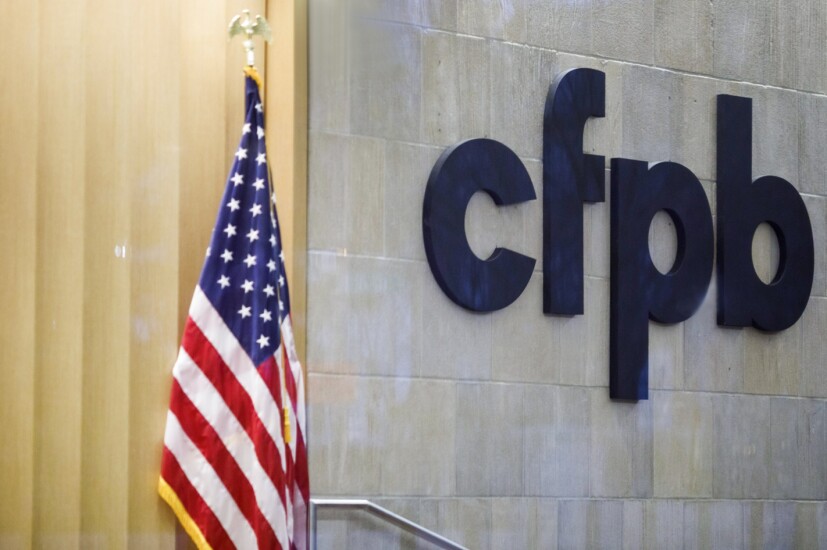In October of 2023,
Section 1033 of the Dodd-Frank Act — which requires financial institutions to provide consumers with electronic access to their banking account data — received little attention when President Obama signed it into law in July 2010 along with the rest of the sweeping bill. As Tom Brown, partner and general counsel at Nyca Partners, recently wrote in an
Read more:
The implications of the long-anticipated proposal are profound, explains BankThink contributor and founder of Allon Advocacy Steve Boms: Enabling a financial services ecosystem based on consumer centricity has the potential to facilitate a more competitive and vibrant marketplace,
As the CFPB reviews industry feedback and looks to shape the final regulation, some say that American consumers deserve more than the ability to delegate access to electronic data related to their deposit accounts, credit cards and electronic wallets. Some insiders suggest that while the current proposal has laid a good foundation, the CFPB should take its time to ensure the final rule is more expansive than the proposal.
Read more:
Big banks have not alway been the biggest proponents of data sharing and open banking, fearing the likelihood of stiffer competition,
Such fears may be unfounded. While long overdue, the proposed new rules would require banks to let consumers take their account data with them when they move their business to other institutions — known as data portability — and would also force banks to allow third-party digital access to accounts when customers request such access. But these changes may in fact be
Catch up on these perspectives on how the CFPB's proposed new rule on data sharing could impact the banking industry.










